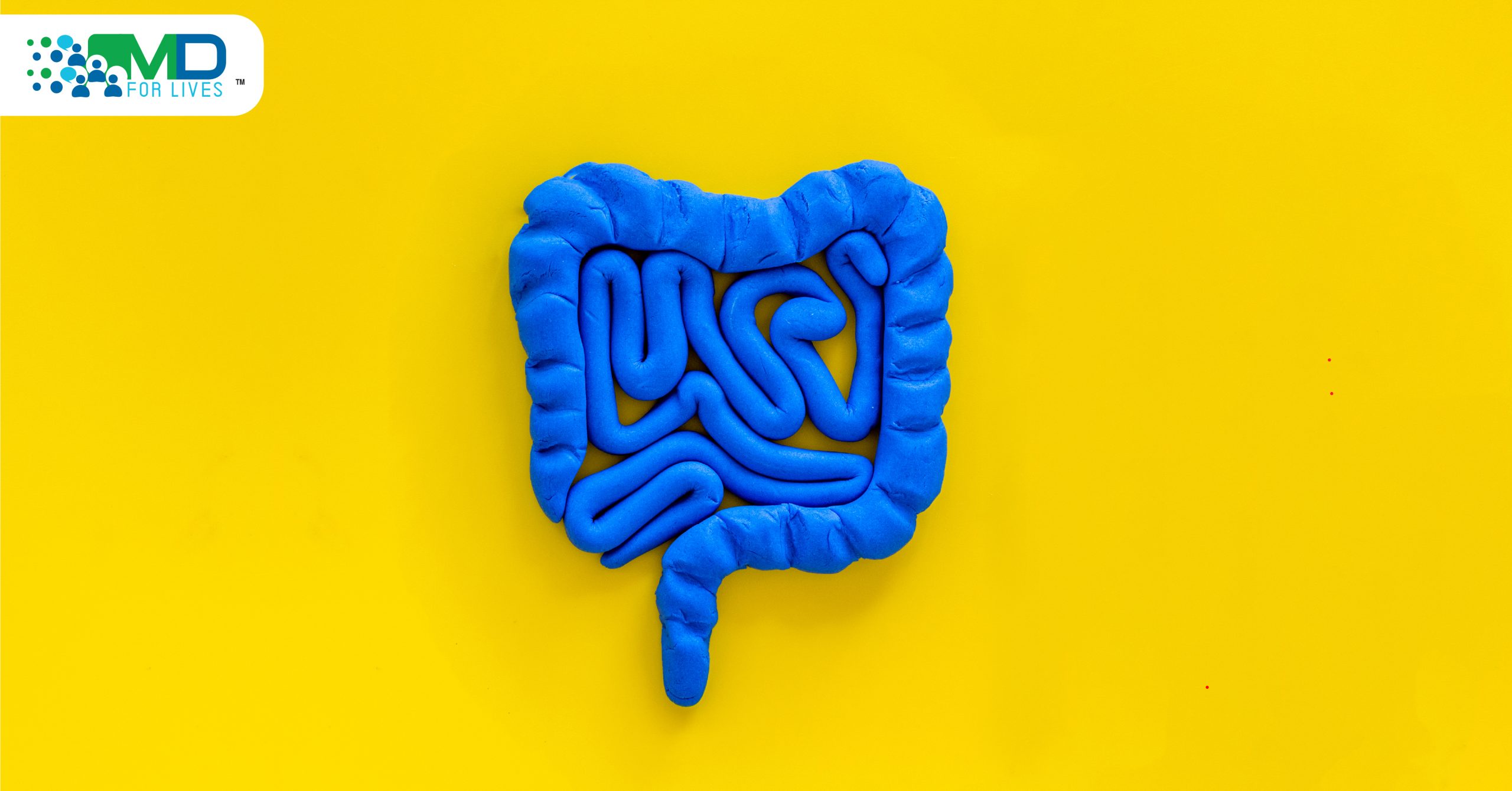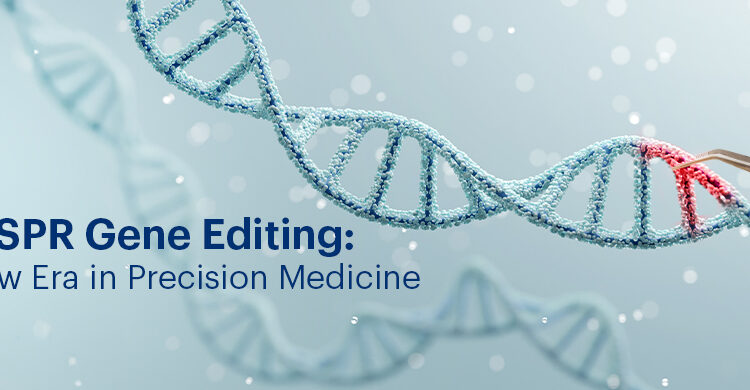Over the past few decades, there has been a dramatic increase in the incidence of childhood neurodevelopmental disorders such as autism spectrum disorder, attention-deficit hyperactive disorder, etc. Although there is growing awareness and broader diagnostic criteria, identifying environmental perturbation, knowing neurobehavioral targets, and identifying appropriate intervention strategies pose a significant challenge.
A new study led by researchers at Rutgers University demonstrates that early-life exposure to antibiotics can change the intestinal microbiome and gene expression and could affect neurodevelopment.1 The study was published in iScience.
Antibiotics, Gut Microbiome, and Host Health
Globally, antibiotics are the widely prescribed medication in children.
Penicillin was discovered in 1928; however, the mass production and distribution of penicillin happened in 1945 when an Oxford team published the protocol for penicillin purification.2 Penicillin saved several lives in World War II and was widely prescribed after the war. Now, almost every child in the world is exposed to antibiotics.
It is estimated that an average child in the US receives up to three courses of antibiotics before the age of 2 and the same or more antibiotic exposure rate is reported around the globe.1 Antibiotics for children is frequently prescribed for upper respiratory tract infections, pharyngitis, etc., that typically do not benefit from antibiotics.3 After decades of antibiotic use, researchers have begun to study the potential effect of antibiotic treatment.
The intestinal microbiome influences various physiological functions and contributes to human health.4 Early life antibiotics can facilitate gut microbiome perturbation, and alterations in gut microbiota are associated with the pathogenesis of several diseases.
Studies have shown that early antibiotic exposure can disrupt the composition of maturing gut microbiota and permanently alters the metabolism.1 Alteration in the gut microbiome may increase the risk of obesity, asthma, and may also contribute to inflammatory bowel disease later in life.5,3 Emerging evidence links early-life gut microbial alteration with neurodevelopmental disorders.
Microbiota-Gut-Brain Axis – Current State of Research
Antibiotics can directly affect the nervous system or can disrupt gut microbiota and affect brain function indirectly. Increasing evidence associates gut microbiota with brain physiology and behavior.6 Studies also indicate changes in the gut-brain axis can disrupt brain homeostasis.7
Gut microbiota alterations contribute to neuroinflammation or neurodegeneration and may also involve in brain development.7 Ongoing studies analyze whether the modulation of the gut-brain axis, particularly in early development, can reduce the risk of developing childhood neuropsychiatric disorders and/or neurodegenerative disorders- these studies may open new avenues of interventions for currently untreatable neurological diseases.
Animal studies have shown the influence of early antibiotic exposure on gene expression, brain structure development, function, and behavior.1 The mice models have demonstrated that antibiotic treatment in early life can disrupt the brain signaling pathways involved in social behavior and pain regulation.8 Antibiotics can also alter recognition memory responses in 1-month-old-infant.9
The existing research is impressive but leaves many unanswered questions, indicating further studies are required to determine the effect of early antibiotic exposure on neurodevelopment. Although the studies have associated early-life antibiotic exposure with obesity, asthma, inflammatory bowel diseases, neurodegenerative disorders, neurodevelopmental disorders, the findings often conflict.5,10,3
Early-Antibiotic Exposure may Affect Neurodevelopment
In the current study, researchers analyzed the impact of low-dose levels of penicillin (a common antibiotic used during early childhood) on brain development.1 They studied the newborn mice to determine whether the low dose of penicillin alters gut microbiota and affects the gene expression in the amygdala and frontal cortex, the brain areas which are involved in emotional and cognitive functions and vulnerable to perturbation.
Results showed changes in the microbiome. The low-dose antibiotic exposure altered the composition of the intestinal microbiome in PND10 mice. Declination in the dominant Lactobacillus species was noticed, in particular. Disruption of multiple pathways related to neuronal development and substantial changes in gene expression observed in the amygdala and frontal cortex. Specific gut microbial taxa were linked to particular host gene expression. The study revealed more about the extent of changes in gene expression level within the frontal cortex and amygdala that leads to the long-lasting changes in the behavior and stress reactions of individuals.
The findings may require further validation; however, the current results expect to change the existing widespread prescription of antibiotics.

Reference
- https://www.cell.com/iscience/fulltext/S2589-0042(21)00765-3
- https://www.ncbi.nlm.nih.gov/pmc/articles/PMC3109405/
- https://genomemedicine.biomedcentral.com/articles/10.1186/s13073-020-00764-z
- https://pubmed.ncbi.nlm.nih.gov/31412603/
- https://www.ncbi.nlm.nih.gov/pmc/articles/PMC7922584/
- https://jneuroinflammation.biomedcentral.com/articles/10.1186/s12974-020-1705-z
- https://pubmed.ncbi.nlm.nih.gov/32473843/
- https://bmcneurosci.biomedcentral.com/articles/10.1186/s12868-020-00583-3
- https://www.nature.com/articles/s41390-020-01117-7
- https://pubmed.ncbi.nlm.nih.gov/26424567/






